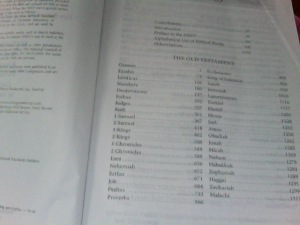Of course, there is great gain in godliness combined with contentment; for we brought nothing into the world, so that we can take nothing out of it; but if we have food and clothing, we will be content with these. But those who want to be rich fall into temptation and are trapped by many senseless and harmful desires that plunge people into ruin and destruction. For the love of money is a root of all kinds of evil, and in their eagerness to be rich some have wandered away from the faith and pierced themselves with many pains. I Timothy 6:6-10 NRSV
Money…Share it fairly but don’t take a slice of my pie…
[Pink Floyd, Money, The Wall, recorded December 1978- November 1979, various studios, released by Harvest and Columbia records in November 1979]
Money itself doesn’t seem to be evil, but what people will do to each other and the world around them to gain it certainly can be. It can be used to accomplish some amazing things – look what the Carter Foundation, Lilly Foundation, and Gates foundation have managed to do for the world. Money bought and distributed mosquito nets to combat malaria, enabled further study in too many humanities fields to name, and continues to make strides in eradicating disease in the poorest parts of the world. It can also fund hate groups and buy political influence for personal or corporate gain.
Within communities of faith, money has gone both ways. I’ve seen churches use bequests to provide a safety net to the homeless and to keep the nearly homeless from the streets. I’ve seen congregations torn apart over $100,000 or less when members cannot agree on how to spend it. I’ve seen parents with more than enough take advantage of Vacation Bible School scholarship programs, using them as cheap daycare; I’ve seen other congregants give up vacation trips to pay VBS costs for entire families. The money itself doesn’t seem to be point: it’s what people are willing to do with it and for it.
Pink Floyd’s take on money lands squarely in Biblical territory. Greed is the issue, not the money itself. Grasping for it and wanting to keep it at the expense of others is beautifully and succinctly stated in Money. Paired with the images offered in official and non-official videos of the song, the power of money and greed cannot be overlooked – it’s well worth a few minutes on YouTube to check them out.
The downside of greed, the devastation that the love of money brings – these are not just inflicted on the world as unfair labor practices, price gouging, and rigged taxation. The ones who gain from such dealings are also devastated, but not in the same way. There is real spiritual damage done to anyone who grasps at money at the expense of those in greatest need; the soul shrinks and it is impossible to find true satisfaction or contentment from any amount of money. Able to buy any amount and kind of food, the miser starves.
In my last moments on earth, I hope I can look back on what I did with the money I had and see that it did more than put a car in the driveway and an extra jacket in the front hall closet. I hope I scattered some of it far enough afield that it grew into something that nourished the world.
A devout life does bring wealth, but it’s the rich simplicity of being yourself before God. Since we entered the world penniless and will leave it penniless, if we have bread on the table and shoes on our feet, it is enough.
But if it’s only money these leaders are after, they’ll self-destruct in no time. Lust for money brings trouble and nothing but trouble. Going down that path, some lose their footing in the faith completely and live to regret it bitterly ever after. I Timothy 6: 6-10, The Message







